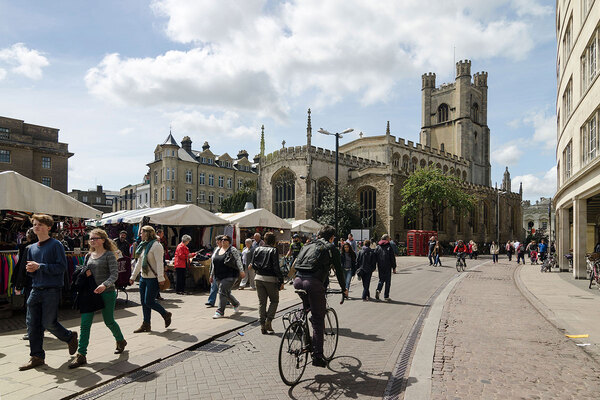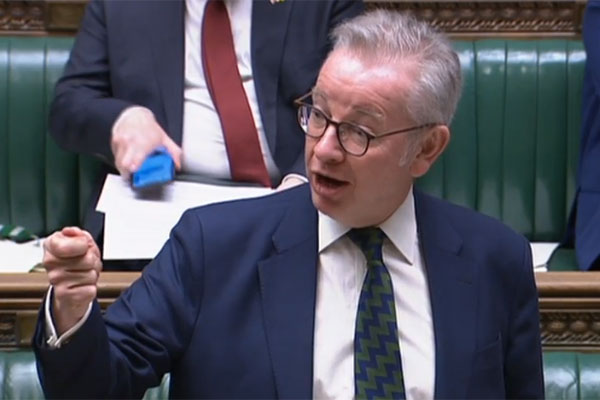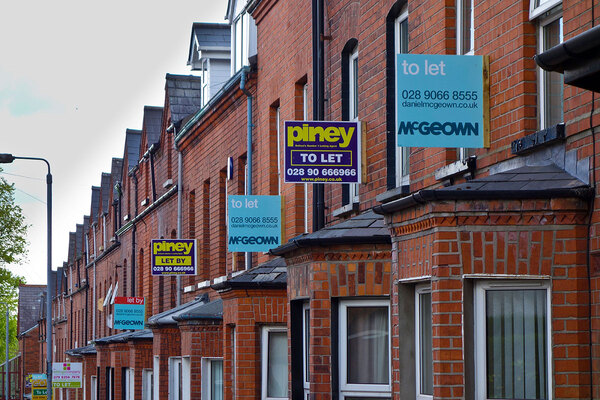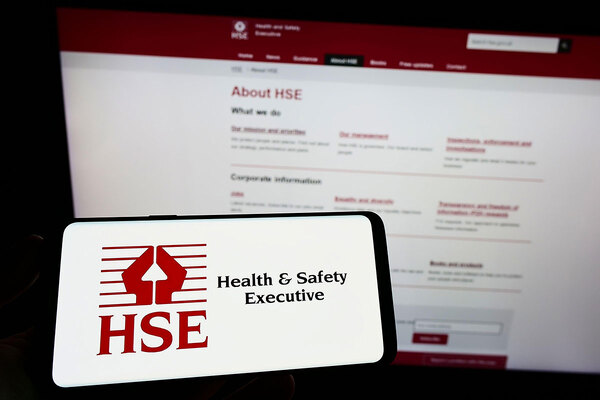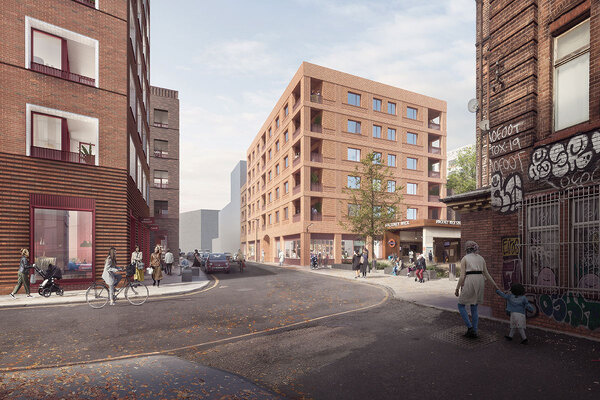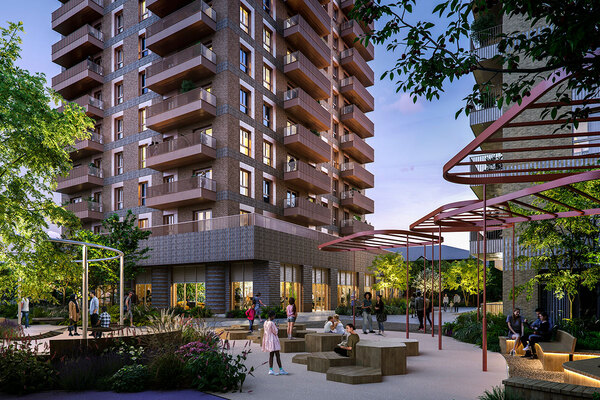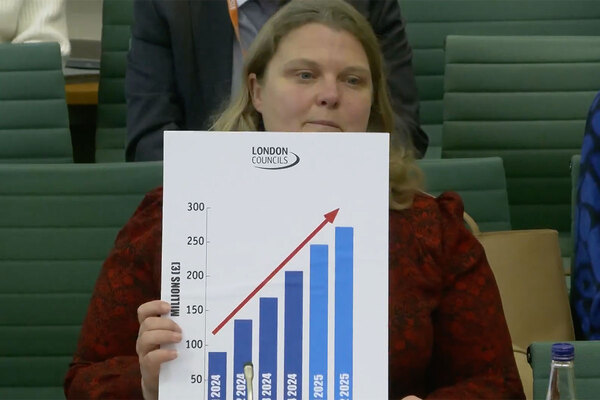Gove promises to learn from instances of poor-quality housing built using PDR
The housing secretary has promised to learn from the previous instances of poor-quality homes built using permitted development rights (PDR) as he announced their expansion under measures aimed at unblocking the planning system.
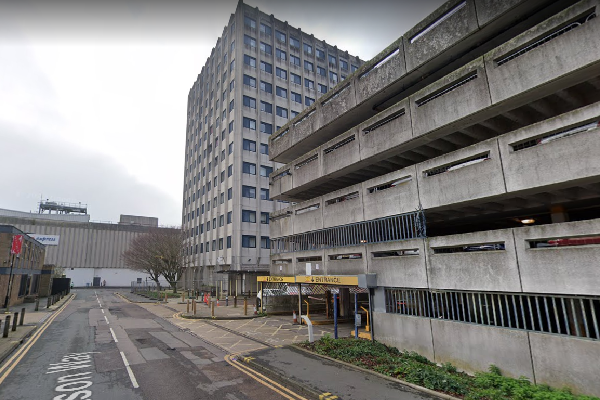
In a speech at Kings Place in York Way, London earlier today, Michael Gove announced an expansion of PDR to convert shops, takeaway restaurants and betting shops into homes, which he hopes will help rejuvenate the high street.
Meanwhile, planning restrictions will be eased to enable barn conversions and the repurposing of agricultural buildings and disused warehouses into housing.
However, Samantha Stewart, interim chief executive at the Nationwide Foundation, raised concern about the quality of homes built under PDR previously, and asked how the housing secretary could ensure build standards did not drop under its planned expansion.
She said: “Regarding permitted development rights and their expansion, can I ask that you don’t replicate the slums and the places that we cannot call homes that have been created over the last decade or so?”
Mr Gove replied that “we do need to learn the lessons from some of the developments that have emerged” where poor-quality homes had been built under PDR in the past.
He added: “I do take your point about PDR, but I do think a more flexible approach towards use classes are a really good thing in terms of unlocking supply.”
In 2020, a government-commissioned report found that PDR often resulted in poor-quality homes that failed to meet space standards.
In response, ministers made a number of changes to the rules governing PDR, including ensuring that the converted homes were held to the same space standard as other developments.
However, in response to Mr Gove’s latest announcement, other campaigners and councils have also warned that the extension of PDR would result in poor-quality housing – as has been the case since the powers were introduced in 2013.
Polly Neate, chief executive of Shelter, said: “Converting takeaways and shops into homes and restricting building to city centres won’t help. It could risk creating poor-quality, unsafe homes that cause more harm than good.”
Shaun Davies, chair of the Local Government Association, said: “There is no doubt that we need more homes as well as to reinvigorate our high streets and town centres. However, premises such as offices, barns and shops are not always suitable for housing.
“Further expanding permitted development rights risks creating poor-quality residential environments that negatively impact people’s health and well-being, as well as a lack of affordable housing or suitable infrastructure.”
After rattling through a number of previously announced spending commitments, Mr Gove revealed new funding for brownfield developments.
He said: “And this week, a further £1bn will be launched to make brownfield land fit for development in our cities and towns. In addition, the new Infrastructure Levy which we are legislating for will further incentivise that brownfield development.
“Developers aiming to build on greenfield sites will have to pay more to provide for the new affordable housing and the infrastructure necessary in areas where there just aren’t the roads, the GP surgeries, the schools and shops already in place.
“By contrast, in urban areas, where that infrastructure already exists, and indeed in London, where school roles are fully in the heart of the city, densification and growth can ensure existing public services thrive and remain sustainable.
“And to make it cheaper for developers to deliver more affordable housing, more schools and hospitals, where it is right for the community, our Levelling Up and Regeneration Bill will eliminate the hope value that landowners and property speculators try to extract from any site.”
Other plans announced today included asking developers to contribute more through fees, to help support a higher-quality, more efficient planning service, and there will be a consultation on reforming local plans to make them simpler, shorter and more visual.
There will be a £24m Planning Skills Delivery Fund to clear backlogs and get the right skills in place.
This funding will be introduced alongside what is being dubbed as a “super-squad” by the government, a team of leading planners and other experts charged with working across the planning system to unblock major housing developments.
Sign up for our daily newsletter
Already have an account? Click here to manage your newsletters

